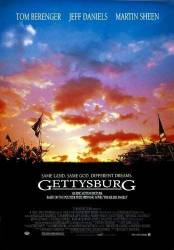
Factual error: During the engagement of the 20th Maine in defense of Little Round Top there is a tremendous amount of firing going on as they repel charge after charge of Confederates. Yet, there is not a single leaf, or tree branch, that falls to the ground. With that amount of lead flying around there would have been debris everywhere. There are actual Civil War accounts where whole trees were cut in half by bullet fire.
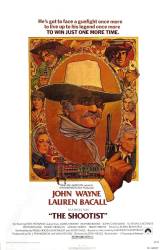
Factual error: The opening montage depicting Books's past exploits mentions a Colt .45 and shows a single action Colt revolver being fired. The date indicated on the screen is 1871. This revolver was not manufactured until 1873.
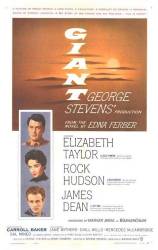
Factual error: When the boy is crying because he's made to ride a pony, the Texas flag is made wrong. The top star point is toward the red stripe instead of the white strip as it should be. In other scenes the flag is flown upside down - the white stripe should be on top.
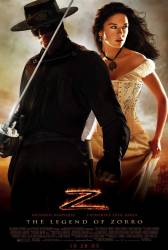
Factual error: This movie takes place in 1850, but the "Confederate States" and "Confederate army" are mentioned. There was tension between "free" and "slave" states in 1850, but the American civil war was 11 years in the future.
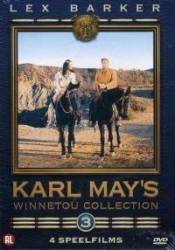
Factual error: Somewhat late in this German made western, Lex Barker and company are led into an Indian village, somewhere in (I presume) the Rocky Mountains. You will notice that there are at least two totem poles in this village. The kind of Indians shown dress like Plains Indians, and not like Northwest Indians. Northwest tribes who are found in Washington state, USA, and British Columbia, Canada, are the only tribes with totem poles. Plains Indians did not have totem poles.
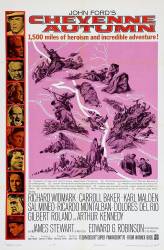
Factual error: The narrator mentions that the Cheyenne tribe split in half in northern Nebraska. The scenery would suggest otherwise, as there are no mountains that high in Nebraska.
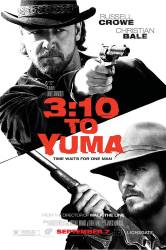
Factual error: Although the movie was set a few years after the Civil War, the train was equipped with modern automatic couplers.
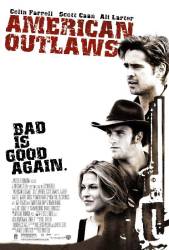
Factual error: Jesse James' mother in real life outlived him by several years following his murder.
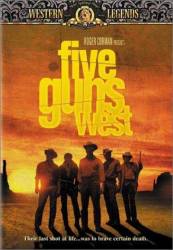
Factual error: While the Confederate captain is explaining the mission, a couple of the "patriots" are inserting cartridges into their Colt Peacemakers. A neat trick, since the Civil War ended in 1865, and the Peacemaker wasn't introduced until 1873.
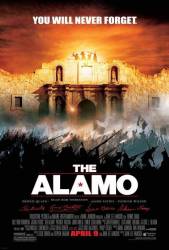
Factual error: The song that Davy Crockett plays on the violin is 'The Mockingbird Quick-Step,' written in 1855, several decades after the events of this movie (and later used by the 'Three Stooges' as a theme song.).
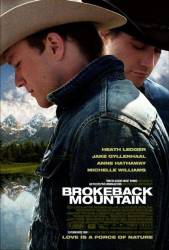
Factual error: The geographical context of the film is wrong. Riverton, Wyoming (as the name implies) is in a fertile agricultural river valley. The surrounding country is uncultivated desert. There is none of the extensive grasslands shown in the film. Moreover, even in the 1960s Riverton, which is a county seat and market center, was much more substantial than the film implies.
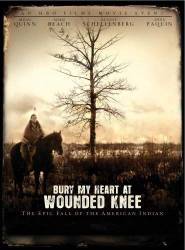
Factual error: The movie depicts Wes Studi, who is playing the Paiute medicine man "Wovoka," as coming to the Sioux reservation and delivering his vision. Wovoka (aka Jack Wilson) was from Schurz, Nevada 1250 miles away from the Pine Ridge Reservation in South Dakota. He never travelled to South Dakota. What really happened was tribal parties (at great personal risk) travelled to Nevada to get the message and brought it back to the Sioux people. Of course, this message was "modified" somewhat to better fit Lakota culture.
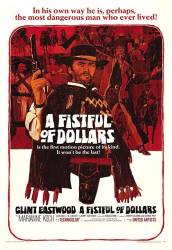
Factual error: When the "U.S." soldiers open fire on the Mexican cavalry, they employ a machine gun. The only two rapid-firing weapons in that time period were the Gatling gun, which used a magazine or drum of rounds and was fired by turning a crank, or the "Mitrailleuse" volley gun, which required at least two men to operate it, one to load the ammunition blocks, and the other to turn, once again, a crank to fire the weapon. The gun pictured has a single operator and neither a crank, nor any visible cartridge feed.
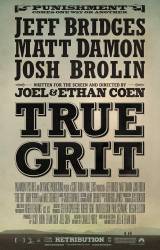
Factual error: The epilogue dates the main story as having taken place in the 1870s. In the opening scene, the locomotive tender has distinctive cast Bettendorf trucks (bogies) which were not introduced until c. 1900.
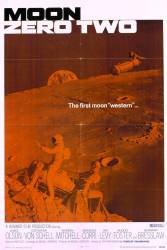
Factual error: Bill Kempt rigs the sapphire asteroid with rocket motors to divert it toward the Moon. The motors are old and cranky, and to ensure that they fire on time he must, at some risk, lash himself to the rock and manually start the ignition. Upon lighting the engines he has several seconds to cut himself free, but in the scene he's shown swinging weightlessly as he snips the cable. If the asteroid is accelerating, he ought not to be weightless, but rather should be hanging behind the rock on his tether.
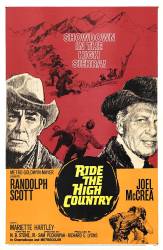
Factual error: Steve Judd makes a ten cent bet with Gil Westrum and plops down his dime. When we see the dime we see the worn reverse of a Mercury Dime. Mercury Dimes were not released until October 1916. This movie is set in the early years of the 20th Century, many years before Mercury Dimes were placed in circulation. (00:06:55)
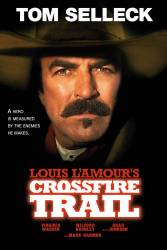
Factual error: During the final shoot-out, when Raf shot the man on the roof as he enters town, the wrong flag is displayed - a 48 star flag, but the time setting is the 1880's, when there were fewer states.
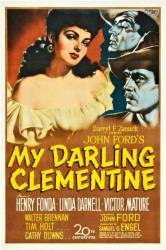
Factual error: Tombstone is nowhere near Monument Valley.
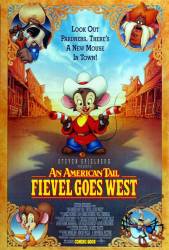
Factual error: In one of the train cars on the way out west, upon being asked by one of his henchman, "When are we going to eat the mice?" Cat R. Wahl replies, "Which would you rather have, the crouton or the entire Caesar salad?" Caesar salad was not invented until the 1920's and the movie takes place in the late 1800's.
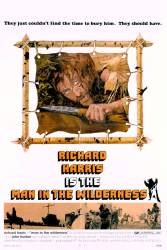
Factual error: When the trappers first encounter the Rickarees, the bow cannon is discharged, creating an explosion near the Indians, who promptly turn and ride away. Immediately after, a second shell explodes near them. It would be impossible for a single gunner to sponge out and reload with cartridge and ball in the space of 10 seconds.